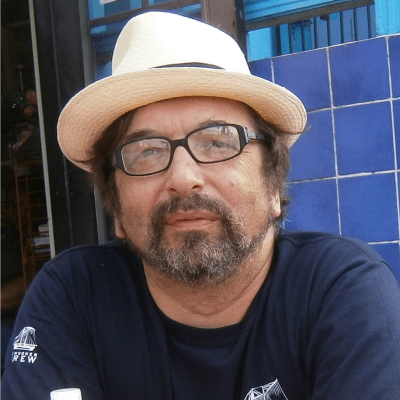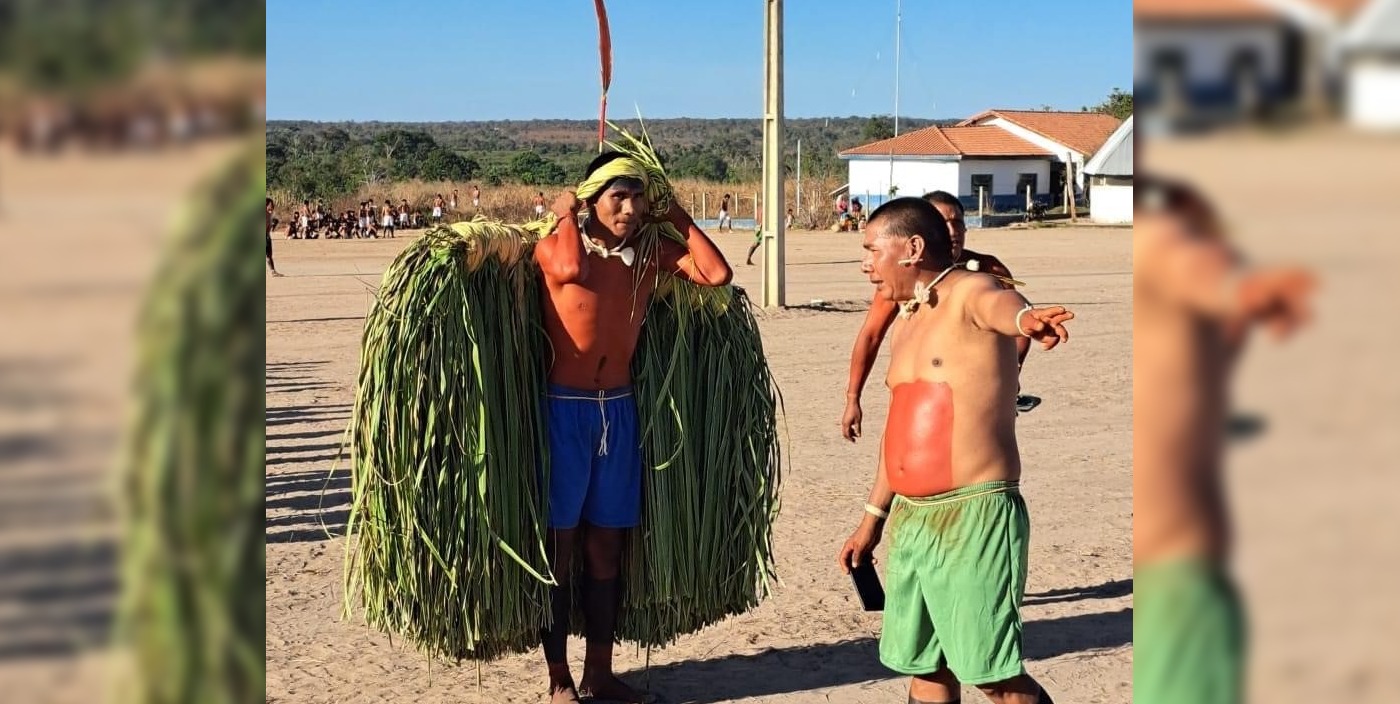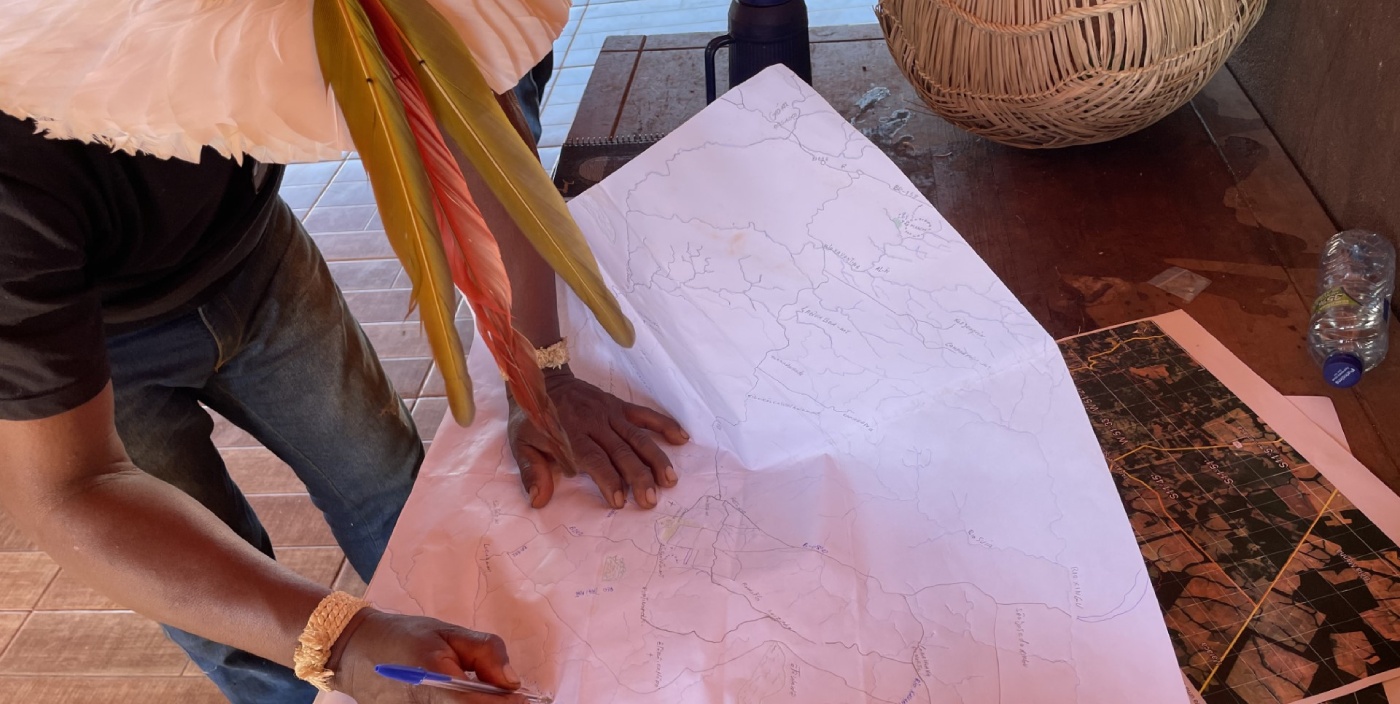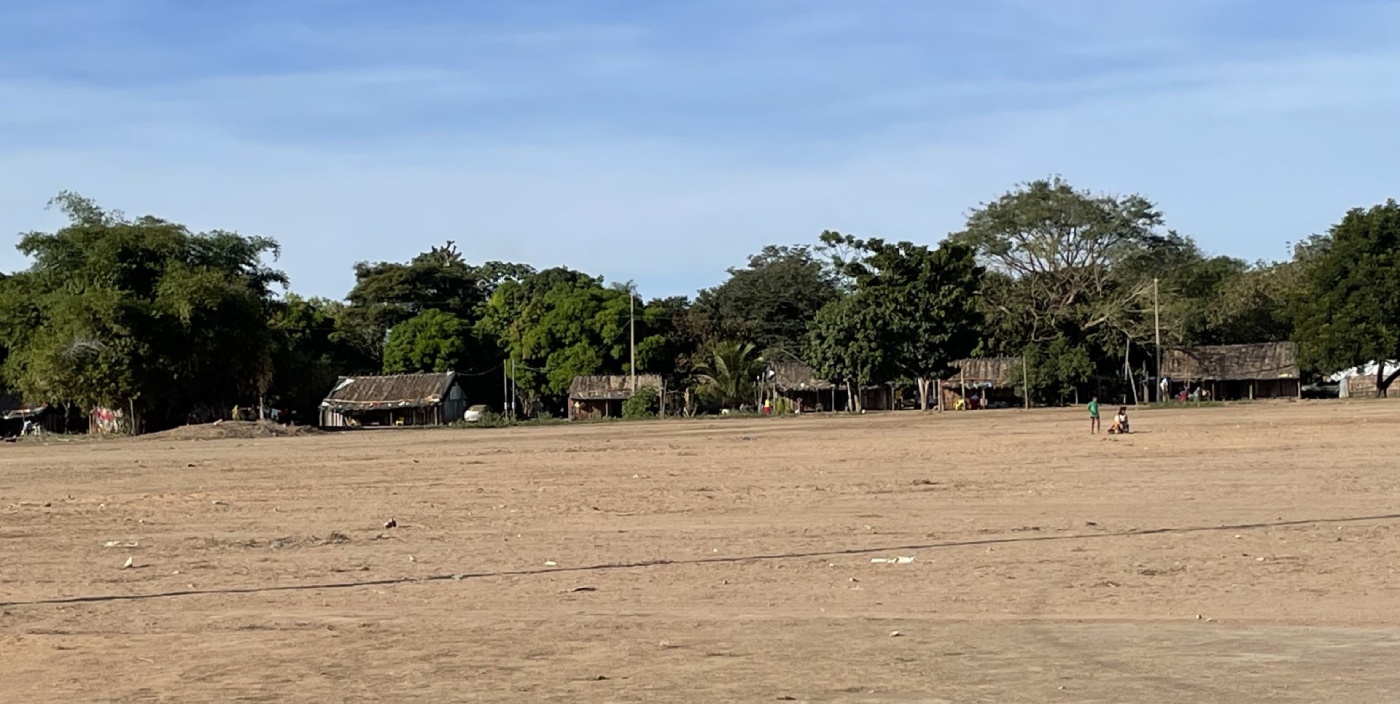Xavante Toponomastics in the Territory of Marãiwatsédé, Mato Grosso, Brazil
A Lecture by Dr. Ivan Roksandic
When: November 22, 2023 | 12:30–1:30 p.m.
Where: Room 2M70
The Xavante are an Indigenous group which has been living in the Central-West region of Brazil – the current Mato Grosso province – at least since the early 19th century. The Xavante language belongs to the Macro-Jê linguistic stock and to Jê (Gê) linguistic family. Located in the heart of the continent, they managed to preserve their autonomy and cultural norms in relative isolation until the first decades of the 20th century, when first poor Brazilian peasants and then big landowners began to appropriate parts of native lands. However, it was the brutal acceleration of the socio-economic changes brought about the Military Dictatorship (1964-1985) that had profoundly negative impact on all Indigenous societies in Central Brazil. The purpose of this study is to use toponomastic analyses, focusing on Xavante place names distributed over the regions they inhabited since the early nineteenth century, to shed more light on the processes that led to appropriation of large portions of their territories. Place names in Mato Grosso reflect the region’s turbulent colonial, postcolonial, and contemporary history, as well as the variety of ethnic groups that inhabited it in the recent past.
 Dr. Ivan Roksandic is a broadly trained linguist with a background in archaeology, epigraphy, and history of script. His current research interests focus on Indigenous languages of South America, specifically on Arawakan and Jê families. His current projects examine indigenous toponomastics in Mato Grosso, Brazil, and in the Caribbean.
Dr. Ivan Roksandic is a broadly trained linguist with a background in archaeology, epigraphy, and history of script. His current research interests focus on Indigenous languages of South America, specifically on Arawakan and Jê families. His current projects examine indigenous toponomastics in Mato Grosso, Brazil, and in the Caribbean.



